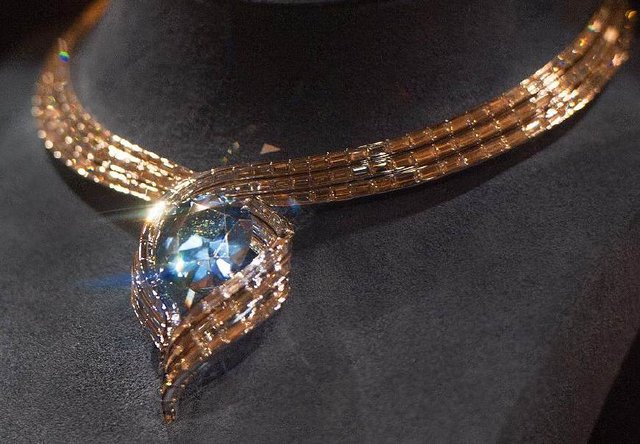
There’s a unique weight to a small, velvet box. The anticipation, the click of the lid opening, the gleam of a diamond or a gold bracelet. An expensive piece of jewelry is one of the most potent gifts one can give. It’s a classic gesture of love, celebration, and commitment.
But sometimes, the timing or the context can feel… off. The gift seems too extravagant for the occasion, or it arrives during a period of emotional distance. In these moments, the gift can feel less like an offering of love and more like a transaction. A person gifting expensive jewelry is compensating for… an emotional deficit, and the gemstones are a stand-in for the connection that’s missing.
Before we dismiss every glittering gift as a hollow gesture, it’s crucial to understand the complex language of gift-giving. The jewelry isn’t always a red flag; sometimes, it’s a white flag of surrender from someone who doesn’t know how to communicate in any other way.
Compensating for a Lack of Emotional Presence
This is the most common reason a lavish gift can feel empty. The giver may be physically absent, emotionally distant, or simply incapable of providing the daily nurturing a relationship requires.
- The Workaholic’s Apology: The gift is a tangible apology for missed anniversaries, forgotten school plays, and silent dinners. It’s meant to say, “I know I haven’t been there, but look what I can provide.” They are compensating for their absence with a symbol of material success.
- The Emotionally Avoidant Partner: For someone who finds verbal intimacy or vulnerability terrifying, writing a heartfelt card or having a deep conversation feels riskier than writing a check. The jewelry becomes a substitute for the words “I’m sorry,” “I love you,” or “I hear you.” They are compensating for their inability to be emotionally vulnerable.
Compensating for Guilt or a Secret
Sometimes, the gift is not just about absence, but about a specific wrong.
- The “Guilt Gift”: This is the classic scenario. The giver has committed a betrayal—an emotional affair, a financial secret, or a significant lie—and the expensive jewelry is a desperate attempt to ease their own conscience and placate you. It’s a non-verbal plea: “Please don’t be angry. Look how sorry I am.” They are compensating for their guilt.
- The “Distraction Gift”: The giver may be trying to steer your attention away from a problem in the relationship or in their own life. By creating a big, positive event (the gift), they hope to avoid a difficult conversation about debt, health, or intimacy issues.
The Other Side of the Coin: When It’s Not Compensation
It is profoundly unfair to assume that every generous gift has a dark motive. Often, it is a genuine, if clumsy, expression of deep feeling.
- The Love Language of Gift-Giving: For some people, giving gifts is their primary way of expressing love. It is not about money, but about the thought, effort, and sacrifice involved in selecting the perfect item. In this case, the jewelry is a sincere celebration of you.
- A Symbol of a New Chapter: After overcoming a health scare, reaching retirement, or celebrating a milestone anniversary, an expensive piece of jewelry can be a powerful symbol of survival, commitment, and a future enjoyed together.
How to Tell the Difference: The Context is the Clue
The gift itself is neutral. Its true meaning is revealed by the landscape of your entire relationship.
Ask yourself:
- Is the gift accompanied by genuine, daily connection? Or does it arrive in a vacuum of affection?
- Does the giver seem present when they give it? Or do they seem anxious, as if waiting for a score to be settled?
- What happens after the gift? Does the emotional distance resume, or does it mark a positive turning point?
The Conversation: Looking Past the Sparkle
If the gift feels more like a payoff than a present, the worst thing you can do is accept it silently while resentment builds.
Do NOT say: “You can’t buy my forgiveness!” or “What did you do wrong?”
DO try saying: “This is a breathtakingly beautiful gift, and I am touched by the gesture. But it feels so big that it makes me wonder if everything is okay between us. I value us more than anything. Is there something you’d like to talk about?”
This response acknowledges the gift but prioritizes the relationship. It opens a door for honesty, whether the issue is stress, guilt, or simply a misalignment in how you both express love.
An expensive piece of jewelry is a powerful symbol, but it is a terrible translator for complex emotions. While it can be a sincere token of love, it is often a substitute for the harder, more valuable currencies of a relationship: time, presence, and emotional honesty. By looking beyond the sparkle and seeking the true intention behind the gift, you can understand whether you are holding a treasure of the heart, or a paperweight designed to hold a relationship in place.